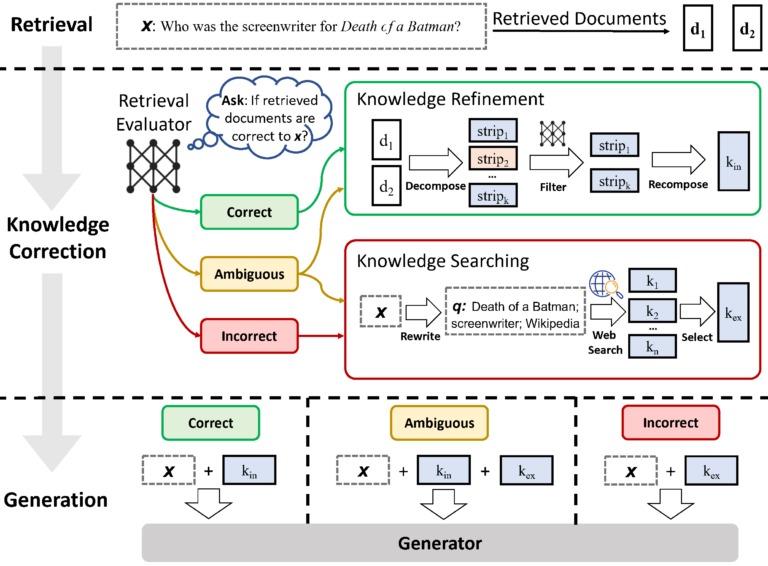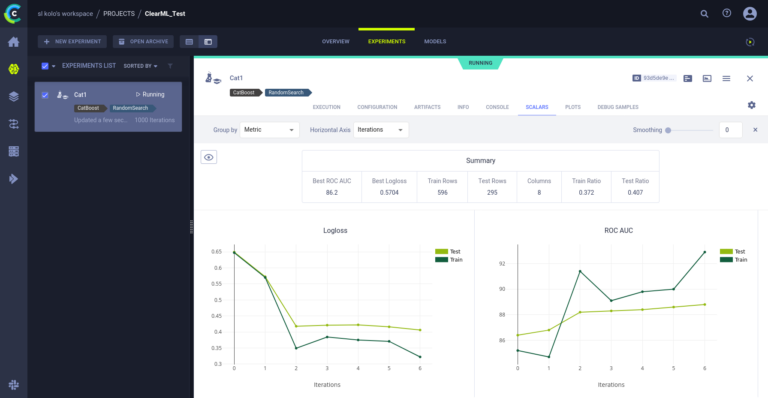is it worth bothering?
The volume of refinancing of housing loans in the largest Russian mortgage banks increased by 38% in the first half of 2021 compared to the same period in 2020 and reached 311.2 billion rubles. Despite the sixth increase in the key rate in 2021, experts thinkthat the boom in loans and their refinancing will not subside.
A source: kommersant.ru
When you refinance, you take out a new loan to pay off the current one, but at a lower interest rate. Most often, for this you will need to move to another bank. However, there are banks that refinance the loans of their own clients.
All is good, but what is the advantage of refinancing a bank if you repay the loan at a reduced interest rate? Or is it again marketing ploy? Let’s figure out who refinancing is really suitable for, whether saving paperwork is worth it, and why it is profitable for banks to offer this service.
Why do you need to refinance a loan
Refinancing helps you save money. Especially when it comes to large sums like mortgages. For example, you have been repaying your home loan for several years, and the interest rate has dropped significantly during that time. You can refinance the loan and repay a smaller amount per month, extend the repayment period, or, conversely, “get even” faster with the loan. In order not to study the offers of each bank separately, you can compare interest rates and other conditions on aggregator sites (for example, here and here).
Also, in many banks, when refinancing, you can combine from two to six loans into one. This is convenient, because the bank will pay off the debts on all loans, and you will pay once a month at a reduced rate.
Refinancing can be arranged both in the bank where the loan was taken, and from a competing bank. However, when the interest rate is lowered at your bank, the chances of rejection are higher. If in another bank it is enough to meet the criteria, then in your own you will have to provide documents that prove that you are in a difficult financial situation.
Why can they refuse
You can refinance consumer loans, mortgages, car loans, and credit card debts. They can refuse for several reasons, but usually they coincide with those for a regular loan:
Low income;
Bad credit history;
Lack of a permanent place of work;
Incorrectly completed documents or their absence;
Regular delays in the payment of alimony, fines and housing and communal services payments;
Other.
By statistics, 55% of all refusals in a loan are related to the credit policy of banks. In practice, this most often means that the bank does not provide refinancing services to those borrowers who apply for a loan. For example, individual entrepreneurs… In second place is the borrower’s bad credit history (16.6%).
Why do banks need refinancing
Obviously, banks are not doing charity work by offering refinancing. This is beneficial for several reasons:
First, the bank has a new client who suits its requirements (reliable, solvent, and so on);
Secondly, the new client starts using the services of the bank, and can also transfer his accounts to the new bank, open debit or credit cards. And after the loan is repaid, the bank can offer its client other financial services;
Thirdly, the bank makes a profit from the interest on the new loan.
How do you know if refinancing is profitable?
So, you have selected several offers that seemed to you the most profitable. What’s next?
Calculate what will be the payment for the same time at a lower rate in another bank. Often on the bank’s website, you can evaluate the offer using a loan calculator. However, it is better to double-check the calculations in another calculator – some customers claim that some banks’ loan calculators are introducing misleading;
Compare how much you can save. If the difference is significant, consider switching to another bank to refinance your loan.
When refinancing a loan is not justified
For example, if the loan amount is small, and you paid off most of it. In this case, the reduced rate does not guarantee savings.
Often, when paying off an old loan and opening a new one, you have to spend additional funds. For example, when refinancing a mortgage in a new bank, you need to pay for certificates, notary and appraisal services, insurance premiums, and so on. Taking into account the additional expenses, the repayment of a new loan can be more expensive even with a reduced rate.
With an increase in the term of the loan, the amount of interest payments on it can become significantly larger. This option is suitable for those who do not have enough funds for monthly payments.





